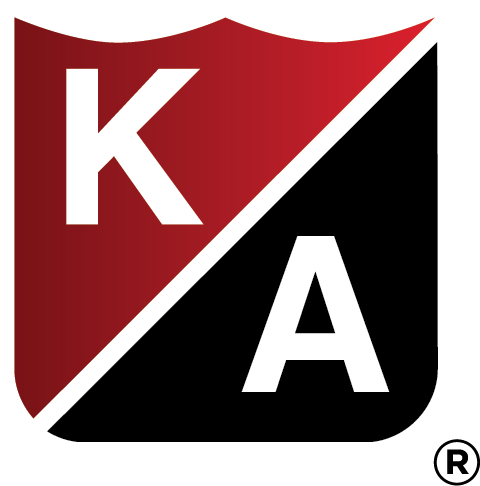What is the ADA?
The Americans with Disabilities Act (ADA) is a federal law that was signed in July 1990 to prohibit discrimination against people with disabilities in various aspects of life, such as employment, education, transportation, and public accommodations. The ADA aims to ensure that people with disabilities have equal opportunities and access to the benefits and services that are available to the general public.
What are the requirements for employers under the ADA?
The ADA applies to employers with 15 or more employees and covers all aspects of the employment relationship, such as recruitment, hiring, training, promotion, compensation, benefits, discipline, and termination. The ADA requires employers to provide reasonable accommodations to qualified applicants and employees with disabilities, unless doing so would cause undue hardship to the employer. Reasonable accommodations are modifications or adjustments that enable a person with a disability to perform the essential functions of the job or enjoy the same benefits and privileges as other employees. Examples of reasonable accommodations include providing assistive devices, modifying work schedules, restructuring job duties, or allowing telework.
What are the types of claims that may be covered by EPLI?
Employment Practices Liability Insurance (EPLI) is a type of insurance that protects employers from claims brought by current, former, or prospective employees alleging violations of their rights or discrimination based on numerous factors, such as race, sex, age, disability, religion, or national origin. EPLI can also cover claims related to harassment, retaliation, wrongful termination, breach of contract, or wage and hour violations. EPLI can help employers cover the costs of defending against such claims, such as legal fees, settlements, or judgments.
One of the most common types of claims that may be covered by EPLI is a claim based on the ADA. An employee or applicant with a disability may file a claim against an employer for failing to provide reasonable accommodations, discriminating on the basis of disability, or retaliating for requesting or using an accommodation. EPLI can help employers mitigate the risk of such claims and provide financial protection in case of a lawsuit.
EPL insurance can help employers defend against discrimination claims and pay for settlements or judgments that may arise. EPL insurance often covers legal fees, court costs, and damages awarded to the plaintiff, up to the policy limit. EPL insurance may also provide preventive services, such as training, audits, and legal advice, to help employers avoid potential lawsuits. EPL insurance can benefit employees as well, by ensuring that they receive fair treatment and compensation in case of discrimination or retaliation.
For example, an employer may face an ADA claim if they fail to provide a reasonable accommodation for an employee with a disability, such as a wheelchair ramp, a modified work schedule, or an assistive device. An employer may also face an ADA claim if they terminate, demote, or deny a promotion to an employee based on their disability or perceived disability. These types of claims can result in costly litigation and reputational damage for the employer, as well as emotional and financial distress for the employee.
It is important to read your EPL (and any) policy carefully and review it with your agent to understand exactly what is covered and what is not covered. While perhaps covering the wrongful termination claim, many policies exclude certain aspects of an ADA related claim such as the cost to provide the reasonable accommodation or any order or agreement under the ADA.
What are the steps you should take now?
As an employer, you have a legal and ethical obligation to comply with the ADA and to respect the rights and needs of your employees and applicants with disabilities. Here are some steps you can take now to ensure that you are following the best practices and avoiding potential liability:
- Review your policies and procedures regarding disability accommodation and nondiscrimination. Make sure they are clear, consistent, and compliant with the ADA and state laws. Communicate them to your employees and managers and provide training on how to implement them.
- Engage in an interactive process with your employees and applicants who request or need an accommodation. Listen to their needs, explore possible solutions, and document the process and the outcome. Be flexible and creative in finding reasonable accommodations that work for both parties.
- Obtain EPLI coverage from a reputable and experienced provider. EPLI can protect you from the financial consequences of an ADA claim or lawsuit, as well as provide you with valuable resources and guidance on how to prevent and handle such situations. Compare different policies and choose the one that best suits your needs and budget.
By following these steps, you can demonstrate your commitment to creating an inclusive workplace that values and supports your employees and applicants with disabilities. You can also reduce your exposure to ADA claims and lawsuits and benefit from the protection and peace of mind that EPLI can offer.



